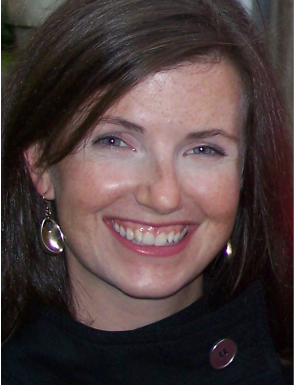Meghan Condon

The inclusion of immigrants in American social welfare policies is deeply contentions, and the degree to which immigrants and their children are provided public benefits – like healthcare, income support, tuition assistance, supplemental nutrition, and housing assistance – varies widely across states and localities. The fellowship funded a community-based study assessing Latino young adults’ needs in the Calumet region,a community with a rapidly growing immigrant population that spans Illinois and Indiana. Because these two states offer very different benefits to immigrant residents, many young Latino adults in the region have different access to services, despite living in the same cultural and economic context. Through in-depth, semi-structured interviews, conducted in partnership with Calumet College of St. Joseph and other community organizations and DePaul students, Dr. Congdon assessed the educational status of the Latino young adult population in Calumet and examined the relationship between policy inclusion provisions and subjects’ educational and economic circumstances, and civic engagement.
Researchers recruited and interviewed young adults in collaboration with Ivy Technical College, Calumet College of St. Joseph, Prairie State College, The Gary Diocese, Lake County United Way, The Welcome Center (Immigrant Legal Aid Clinic), and Our Lady of Guadeloupe Catholic Church. A report was generated on educational persistence, recruitment to college, and financial challenges faced by current and potential students. Students from the course Inequality, Poverty, and Public Policy in School of Public Service directly contributed to the research.